$1.5 Billion for Water-Bill Assistance Inserted in House Democrats’ Coronavirus Aid Package
The money would help Americans pay water bills during the crisis.
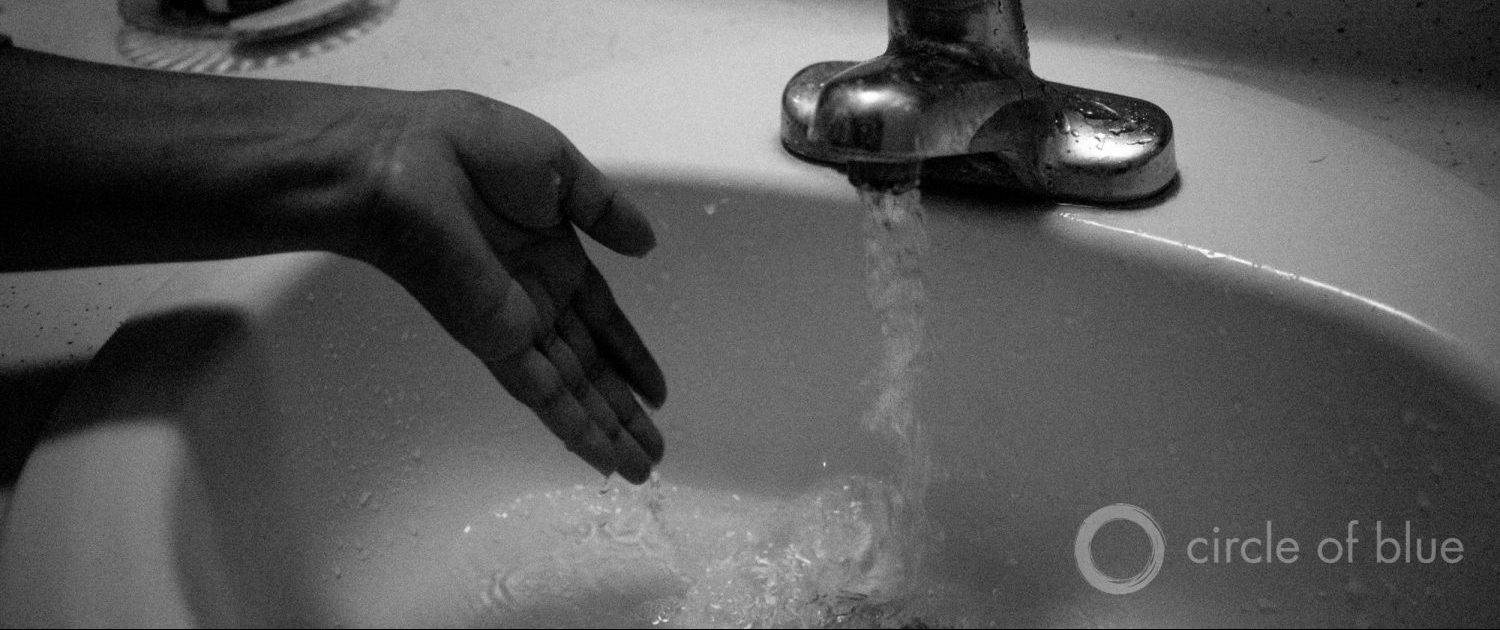
Photo © Matt Black
By Brett Walton, Circle of Blue
The latest version of the House Democrats’ coronavirus emergency aid package includes $1.5 billion to help Americans pay their water bills during the economic crisis caused by the pandemic.
The funding is a tiny portion of the Democrats’ $2.5 trillion stimulus. But it represents a significant contribution towards an essential household service.
The legislation also requires participating utilities to suspend water disconnections during the emergency.
Negotiations between Democrats and the White House on the size and scope of the relief bill continued on Tuesday.
The Assistance Plan
The Democrats’ water-bill aid provision is modeled on a federal aid program for home energy bills that has been in place for nearly four decades. The energy program, known as LIHEAP, was allocated $3.74 billion in 2020.
The water-bill aid program would be operated through LIHEAP.
Mike Keegan, a policy analyst with the National Rural Water Association, participated in discussions with House policymakers about the water-bill aid provision. He told Circle of Blue that the decision to use the LIHEAP structure was made for two reasons: not to establish a completely new program and to simplify administration.
Still, there will be challenges, particularly for small utilities, Keegan said. They will have to contract with the agency that runs LIHEAP in their state.
“That is the challenge,” Keegan wrote in an email. “This is a new administrative burden on small water utilities.”
Eligible households for water-bill aid include those below 150 percent of the federal poverty level and those who were laid off, furloughed, or lost income starting on February 29, 2020.
Before they receive any money, a bureaucratic process would need to unfold. According to the proposal, states and Indian tribes would submit requests to the Department of Health and Human Services, which would then allocate money to those entities based on need. After identifying eligible households, payments would be distributed.
The bill states that any water system that receives federal funds for bill assistance is not allowed to shut off water service to customers during the emergency period. More than 100 water utilities have already pledged not to disconnect homes for non-payment while the outbreak is ongoing.
The bill does not require that the utilities forgive any customers debts.
The Department of Health and Human Services estimated that 5.4 million households received energy bill assistance in 2017. If a similar number are provided water bill assistance, then the funding that the House Democrats are proposing would amount to $278 per household.
Another Attempt
Democrats, concerned about the rising cost of municipal water service, have been unsuccessful in previous attempts to move a water-bill assistance program through Congress.
Legislation introduced in 2016 by Rep. Marcia Fudge, a Democrat whose district includes Cleveland, did not advance out of committee. That bill would have established a pilot program to provide water-bill assistance in 10 communities.
Subsequent legislation — including a bipartisan bill in 2018 introduced in the Senate — also failed.
Congress has established precedent for providing household aid for utility costs in times of economic crisis. The federal aid program for energy bills was passed in 1981, when the outbreak of the Iran-Iraq war caused oil and natural gas prices to skyrocket.
Brett writes about agriculture, energy, infrastructure, and the politics and economics of water in the United States. He also writes the Federal Water Tap, Circle of Blue’s weekly digest of U.S. government water news. He is the winner of two Society of Environmental Journalists reporting awards, one of the top honors in American environmental journalism: first place for explanatory reporting for a series on septic system pollution in the United States(2016) and third place for beat reporting in a small market (2014). He received the Sierra Club’s Distinguished Service Award in 2018. Brett lives in Seattle, where he hikes the mountains and bakes pies. Contact Brett Walton

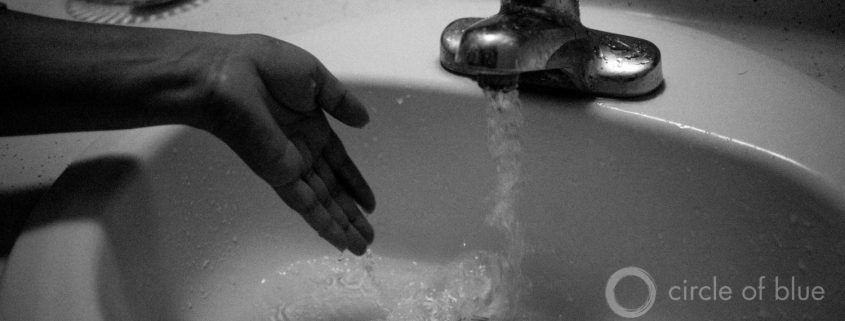



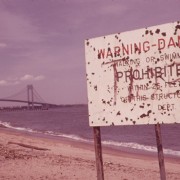
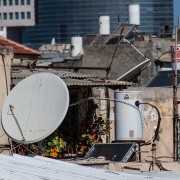
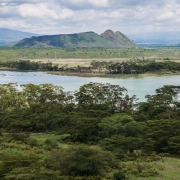
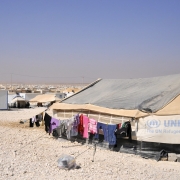



Leave a Reply
Want to join the discussion?Feel free to contribute!